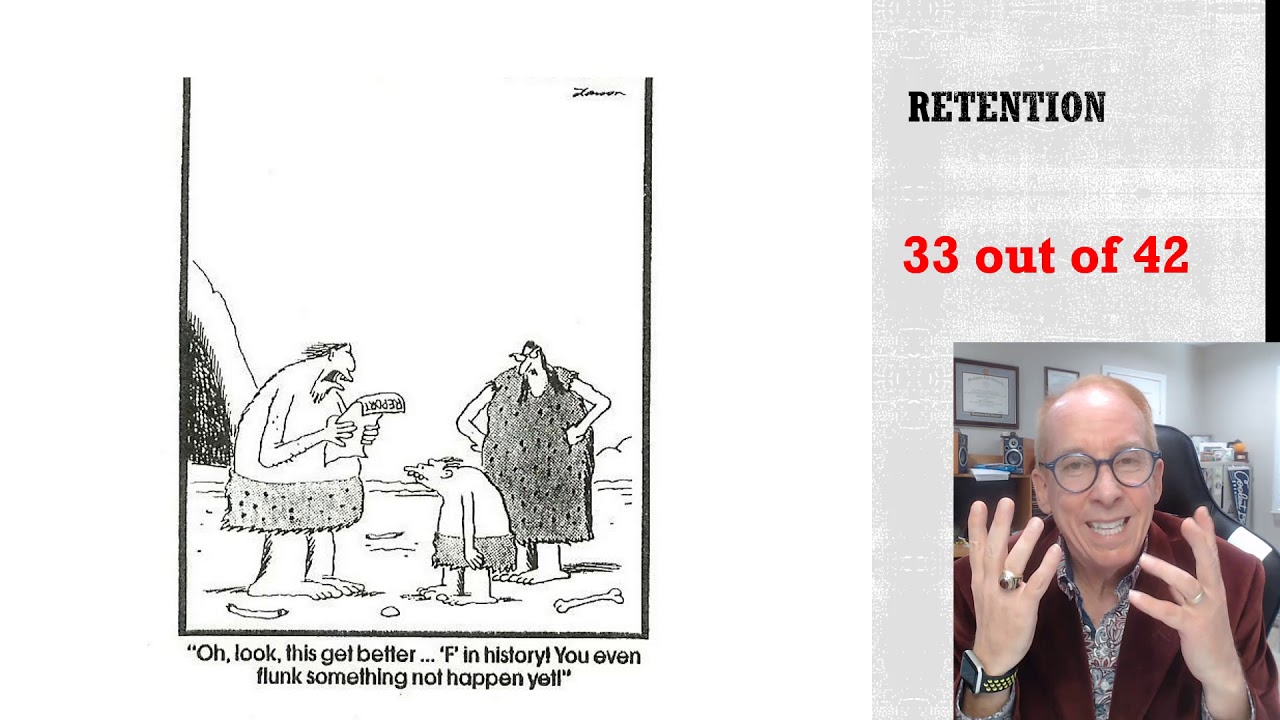Author: Jim Ross-Nazzal
Institution: Houston Community College
Country: United States
Topic: Applications of Open Education Practices/Open Pedagogy/Open Education Research
Sector: Higher Education
UNESCO Area of Focus: Building capacity
Session Format: Presentation
Abstract
Most US History textbooks are traditional, conservative and anticipatory in their coverage, themes and examples. The authors' pedigree are understood only by the professors who assign the books. Lost on the students. Although some textbooks attempt to view US history through a lens besides privilege, that lens can often be missed by students who just do not hear their voices, their culture, or their history within the pages of the books.I authored a US History OER textbook and use it in my classes but a few years ago I brought students into the process. My students create content. I teach at an urban, minority-majority community college in Houston where many of the students are first-generation college students. Those students now create content. They still write about major events such as the American War for Independence, Reconstruction, the Gilded Age, and the Cold War, to name a few. But this time my students are putting these events and the people who participated in these events into their own words. My students are viewing US History through their own voices. They perform research and find examples not covered in other textbooks such as a three mass murderers in the 1920s, or examples that come from Houston history and culture.
I use this OER textbook in both parts of my US History survey classes. Besides appreciating the zero-cost, students who had yet to provide content for the book report that the book reads as if it was written for them. That they can hear their voices, the books reads in a more informal, discussion manner rather than an extended lecture, which most textbooks sound to students.
And, this textbook/project seems to influence student success and student retention. Students tell me the ease and enjoyment of reading this OER textbook facilitates interest in completing assignments -all of which use the OER textbook. Of course the zero-cost reality of my classes are another reason for student success, as my students have reported.
I think the most important part about this OER textbook is that students provide content and thus ultimately they hear their and their fellow students’ voices and ideas and sometimes their own culture and histories within the electronic pages.
This presentation looks at why I decided to use student content in my OER textbook, how students went about creating content; the changes that this necessarily brought to the classroom, changes in pedagogy, and, some of the trials of this working relationship.
Keywords
US History, OER textbook, Student content, Minority-majority, First-generation students
